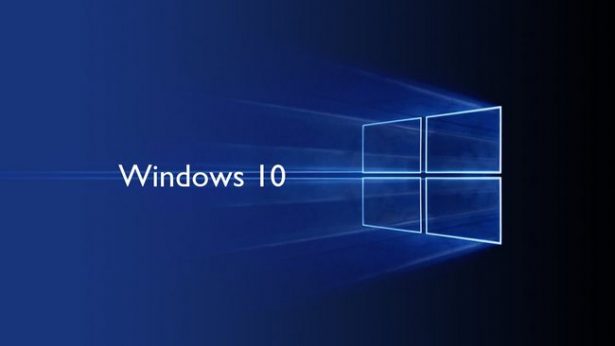Microsoft announced prices for continuing Windows 10 security updates
05.04.24
Microsoft will end official support for Windows 10 on October 14, 2025. For those who want to continue receiving security updates, Microsoft is offering an Extended Security Update (ESU) program that will become a paid service, costing $61 per device for business users for the first year.
The price of ESU doubles each subsequent year, reaching $122 in the second year and $244 in the third. If users decide to renew their subscription after the second year, they will pay the first year’s price again.
Educational institutions will be able to take advantage of a special offer: the first year of support will cost them $1 per device, the second year will cost them $2, and the third year will cost them $4. Consumers will be offered their own terms and conditions, details of which will be announced later.
Another option for users is to upgrade to Windows 11, although this may not be possible for devices that do not meet the system requirements of the new OS. According to StatCounter, 69% of users are still running Windows 10, while only 27% are using Windows 11.
Microsoft emphasizes that ESUs are intended for temporary support and are not a long-term solution. At the same time, the company is offering discounts to customers using its cloud services, including Intune and Windows Autopatch.
Don't miss interesting news
Subscribe to our channels and read announcements of high-tech news, tes
ASUS Vivobook S 15 Laptop Review with Qualcomm SoC: Promising?

The chassis of ASUS Vivobook laptops turned out to be so successful that you can find models of different levels with it. It is not surprising that Vivobook has also become a platform for running in processors from the manufacturer of mobile chips – Qualcomm.
Fasetto’s Audio Cu technology for power transmission receives Dolby Atmos certification
audioFasetto’s Audio Cu technology supports the configuration of audio systems from 2.0 to 9.1, including Dolby Atmos up to 7.1.2, which allows you to achieve full surround sound.
Return of Nova Poshta parcels will be free
events in Ukraine serviceThe changes are particularly beneficial for customers who ship commercially, as their costs for returning items that are not picked up will now be reduced.


